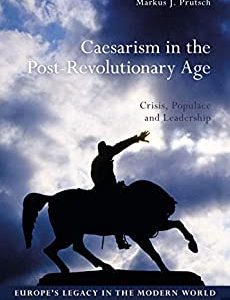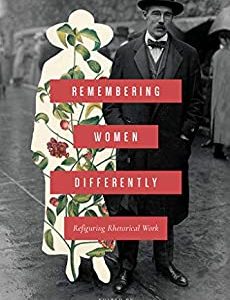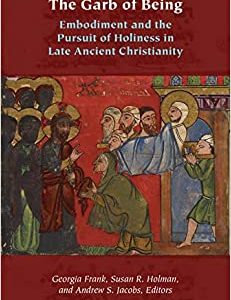Looking at six German regimes across thirteen decades, this study enables you to see how and why some Germans have always chosen to be politically active (even under dictatorships); the enormous range of conceptions of political culture and democracy they have held; and how interactions among various factors undercut or facilitated democracy at different times. Michael L. Hughes also makes clear that recent surges of support for 'populism' and 'authoritarianism' have not come out of nowhere but are inherent in long-standing contestations about democracy and political citizenship. Hughes argues that democracy – in Germany or elsewhere – cannot be a story of adversity overcome which culminates in a happy ending; it is an ongoing, open-ended process whose ultimate outcome remains uncertain.
-65%

Caesarism in the Post-Revolutionary Age: Crisis, Populace and Leadership (Europe’s Legacy in the Modern World)
$103.50 Original price was: $103.50.$36.22Current price is: $36.22.

The Making of Foreign Policy in Iraq: Political Factions and the Ruling Elite
$103.50 Original price was: $103.50.$36.22Current price is: $36.22.
Embracing Democracy in Modern Germany: Political Citizenship and Participation, 1871-2000
$82.80 Original price was: $82.80.$28.98Current price is: $28.98.
Please note this is an Ebook, not a Paperback Or Audio Book!
SKU:
978-1350153752
Category: History
Description
Across the modern era, the traditional stereotype of Germans as authoritarian and subservient has faded, as they have become (mostly) model democrats. This book, for the first time, examines 130 years of history to comprehensively address the central questions of German democratization: How and why did this process occur? What has democracy meant to various Germans? And how stable is their, or indeed anyone's, democracy?
Shipping & Delivery









